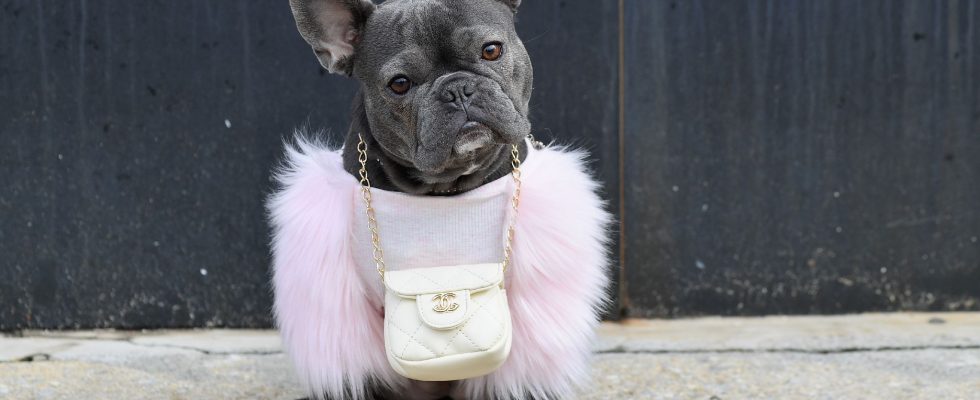Certain social facts which seem minute shed a great light on our contemporaneity. This is the case with the intention of Piet Adema, Dutch Minister of Agriculture, to ban his fellow citizens from sharing photos of bulldogs on social networks. This announcement is related to the popularity of these dog breeds. The hashtag #Frenchbulldog is associated with 53 million posts on Instagram, and its pug and English bulldog cousins do almost as well. All three races are afflicted with the syndrome of brachycephaly, which etymologically designates a “short skull”.
The attraction for these animals has become a trend whose effects are felt almost everywhere, and especially in our country where, in seven years, their number has multiplied by 30! What’s wrong with that? Why would you want to ban the sharing of images and even the possession of these animals? The reason is that their life is an ordeal, as shown a paper published by three veterinarians, Frauke Roedler, Sabine Pohl and Gerhard Oechtering. These dogs are poorly suited to physical exercise, they cannot tolerate heat, and suffer from sleep-related pathologies. The more they have this crushed truffle that we find adorable, the more likely they are to experience physical discomfort, to the point that their life expectancy has recently decreased by seven years (which is considerable for a dog).
Their origin is an interesting case of exaptation. This term designates the fact that the initial function of a phenomenon does not necessarily indicate the function observed in the present. For example, the feather of certain bipedal tetrapods which initially ensured the thermoregulation of these organisms gradually enabled flight. Originally, English Bulldogs (the origin of all these “irresistible physique” dogs) were selected by humans because their characteristics made them suited to face bulls in the countryside – a popular sight in the world. ‘era. Through the game of artificial selection, the skull of these animals has shrunk by 25%, and they have started to be applauded by us, not because they fight bulls, but because we find them cute. It can therefore be said that these races were selected according to their adaptability to their environment, in accordance with Darwinian orthodoxy.
Here, however, the environment is human, and what will predict their chances in the evolutionary race is not any particular form of toughness or velocity, but their ability to move us. It should be remembered that the vast majority of deliveries are made by caesarean section for French bulldogs. No less interesting point: these breeds are unable to reproduce naturally. In other words, without humans, not only would they not have appeared, but they would have long since disappeared.
In humans, a neotenic reflex
Why do they move us so much? Probably because all their life they keep a physique close to their puppy state and they arouse in human beings a neotenic reflex. In developmental biology, neoteny indicates the fact of retaining certain juvenile characteristics in adulthood, such as large eyes or a round, oversized head – elements found, for example, in cartoon characters. Evoking early childhood, these arouse the desire to protect and pamper, as we would for our own toddlers. It is, moreover, somewhat the symbolic place that these animals occupy in our homes.
Basically, Piet Adema’s statements follow a simple negative market externality. When a market is established – here that of domestic animals -, the offer tends to be indexed on the most immediate requests. This economic reality is amplified by the digital world, which promotes fluidity between supply and demand. Little by little, the desire for neoteny offers a competitive advantage to certain morphologies. The gap between the intentions (to cherish a cute being) and the consequences provoked (mass animal suffering) raises a legitimate question. It is political in the noblest sense of the term because, in the presence of a negative externality of the market, the subject of regulation by public decision arises, if not under the regime of necessity, at least under that of of relevance.
